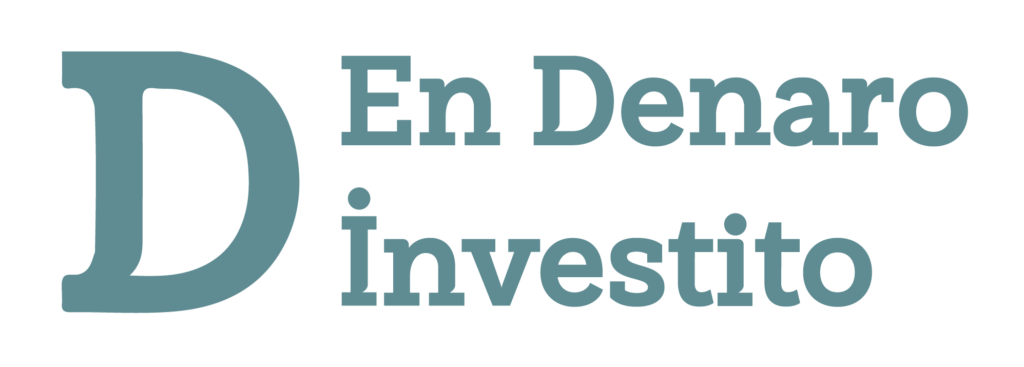Personal Loans: What They Are and How to Get Them
Taking out a personal loan can be a useful financial solution in times of need. Whether you’re planning a wedding, facing unexpected medical expenses or looking to consolidate high-interest debts, a personal loan can provide the funds you need to help you out. However, before diving into the world of personal loans, it’s essential to understand what they are and how to obtain them.
In this article, we’ll explore the concept of personal loans, fees, documentation and everything you need to know and guide you through the process of getting one. So, if you’ve ever wondered: “What is a personal loan and how can I get one?”, read on to find out everything you need to know.
Understanding the Fundamental Concepts of Personal Loans
A personal loan is a type of credit that allows a person to borrow money from a financial institution to meet their financial needs. It is an option commonly used by individuals who need money to fulfill a specific need, such as paying off a debt, covering medical expenses or investing in a personal project.
To better understand personal loans, it’s important to know how they work. When applying for a personal loan, the borrower needs to submit information and documents that prove their ability to pay. The amount of the loan and the payment conditions are defined between the financial institution and the client, taking into account factors such as credit history and monthly income.
But how do you get a personal loan? There are several options available, both in traditional financial institutions and on online platforms. It’s important to research and compare the interest rates, terms and conditions offered by different institutions before making a decision. In addition, it is worth emphasizing the importance of sound financial planning and taking care not to take on debts that cannot be repaid.
How the Personal Loan Application Process Works
Taking out a personal loan can be a viable solution for many people facing challenging financial situations. But how does the application process for this type of loan work and how can you get approved? In this article, we’ll explore what a personal loan is and how you can get one efficiently.
What exactly is a personal loan? Basically, it’s a type of loan granted by financial institutions to individuals, without the need to offer real guarantees, such as a house or car. It can be used for different purposes, such as paying off debts, investments, medical expenses, etc.
The process of applying for a personal loan usually involves a few steps. First, you need to research and compare the options available on the market, including interest rates, payment terms and minimum requirements. Next, you need to gather the relevant documentation, such as proof of income, proof of residence and personal documents.
Once the documentation is complete, you can start an application, which can be made in person at a branch or online, directly on the financial institution’s website. The application can take some time to be analyzed, but if approved, the money will be deposited in your account within a few working days.
Documents needed to obtain a personal loan
Obtaining a personal loan can be an alternative for those who need money in the short term, whether to pay urgent bills, carry out a personal project or deal with unforeseen circumstances. But before applying for this type of loan, it’s important to be aware of the documents you need so that the process can be carried out quickly and efficiently.
First of all, it is essential to present a valid identification document, such as an ID card or driver’s license. In addition, you must provide proof of your monthly income, by means of payslips, income tax returns or bank statements for the last few months.
Another document required is proof of residence, which can be an up-to-date water, electricity or telephone bill. It is important that this proof is in the name of the personal loan applicant. Otherwise, a notarized declaration of residence will be required.
Tips to Improve Your Chances of Getting Approved for a Personal Loan
Securing a personal loan can be challenging, but there are steps to improve your chances. A personal loan involves borrowing money from a financial institution and repaying it with interest. To apply, you typically need proof of income, residence, and ID.
Maintaining good finances is key, as lenders assess your credit history and score. Paying bills on time, avoiding arrears, and keeping debts low can boost your approval odds. Additionally, research and compare loan options to find favorable interest rates and terms. Opting for reputable institutions also increases approval chances. By following these tips, you can secure a loan that fits your financial needs and goals.
Explore Discover Bank’s Competitive Personal Loan Rates
What are the personal loan rates at Discover Bank?
Discover Bank offers personal loan rates that cater to various financial needs. Learn more about their rates, terms, and how to find the best option for your goals. Don’t miss out on affordable financing opportunities.
You will remain on the same site
How to Choose the Best Financial Institution for Your Personal Loan
A personal loan is a useful credit option for emergencies or achieving personal goals. To choose the best financial institution, understand that personal loans are offered by banks and finance companies, requiring proof of income and payment capacity. Research and compare interest rates, as they significantly affect the loan’s cost. Evaluate the institution’s reputation, ensuring good customer reviews and no recurring complaints. Additionally, prioritize transparency by carefully reviewing contracts for hidden fees or abusive clauses. Finally, consider the payment terms and the flexibility to renegotiate or pay installments early.

